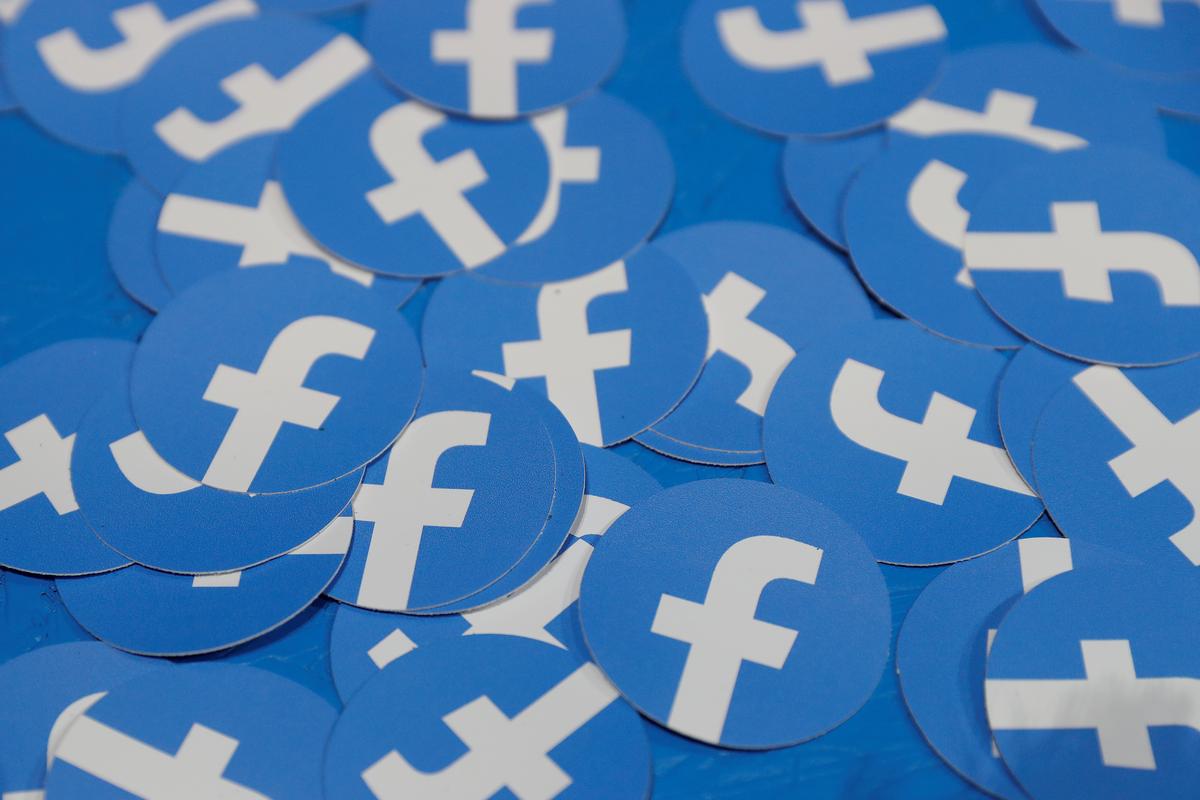WASHINGTON (Reuters) – The United States and United Kingdom plan to sign a special data agreement on Thursday that would fast track requests from law enforcement to technology companies for information about the communications of terrorists and child abusers, according to documents reviewed by Reuters.
The agreement will be announced publicly alongside an open letter to Facebook Inc and its Chief Executive Mark Zuckerberg, calling on the company to suspend plans related to developing end-to-end encryption technology across its messaging services.
Child predators have used messaging applications, including Facebook’s Messenger and WhatsApp software, to exchange explicit images and videos. Law enforcement officials say the company’s plans regarding encryption would inhibit their ability to investigate these crimes.
In practice, the bilateral agreement would empower the UK government to directly request data from U.S. tech companies, which remotely store data relevant to their own ongoing criminal investigations, rather than asking for it via U.S. law enforcement officials.
The effort represents a two-pronged approach by the United States and its allies to pressure private technology companies while making information sharing about criminal investigations faster.
A representative for the U.S. Department of Justice declined to comment.
The letter addressed to Zuckerberg and Facebook comes from top U.S. Attorney General William Barr, UK Secretary of State for the Home Department Priti Patel and Australian Minister of Home Affairs Peter Dutton.
“Our understanding is that much of this activity, which is critical to protecting children and fighting terrorism, will no longer be possible if Facebook implements its proposals as planned,” the letter reads.
WhatsApp’s global head Will Cathcart wrote in a public internet forum on Saturday that the company “will always oppose government attempts to build backdoors because they would weaken the security of everyone who uses WhatsApp including governments themselves.”
Source: Read Full Article
